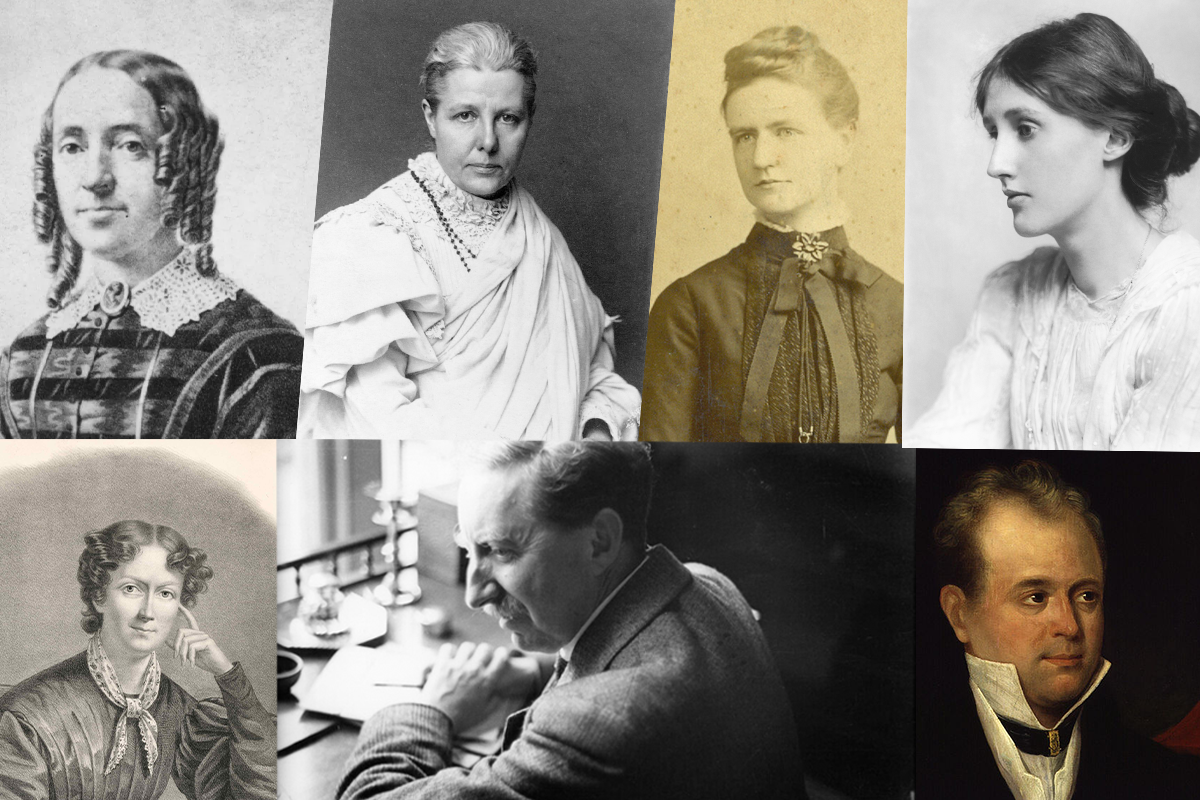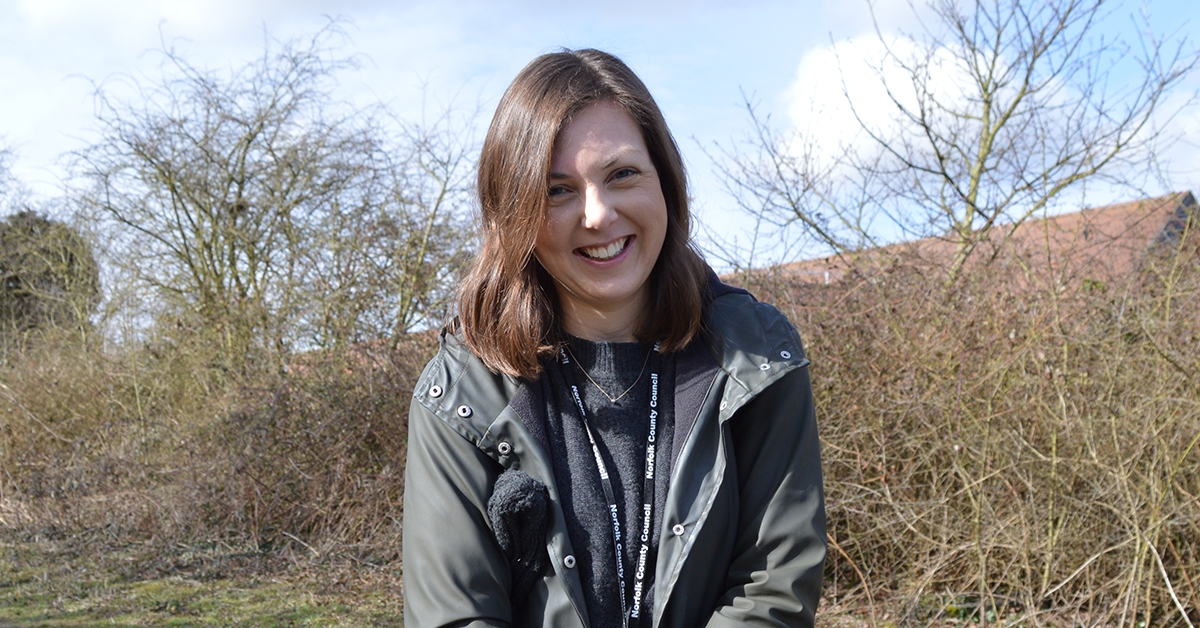
Last weekend, participants from more than a dozen countries convened at Queen Mary University, London (QMUL) for Freethought in the Long Nineteenth Century: New Perspectives, a conference co-organised by Humanists UK, Dr Clare Stainthorp from QMUL, and the International Society for Historians of Atheism, Secularism, and Humanism (ISHASH), supported by The Leverhulme Trust.
Humanist heritage
In 2019, Humanists UK began work on a history project – Humanist Heritage – to unearth and to chart much of the underexplored and underappreciated history of humanist thought in the UK. This conference was a milestone event for growing academic interest in the rich story of humanists and freethinkers, bringing together academics from around the world to share new research on the same themes.
The two day conference saw a wide range of papers discussing histories of humanism, atheism, and freethought spanning three continents in the time period 1789–1914 (known as the ‘Long Nineteenth Century’). These covered subjects from India and Iran to the USA, Belgium, and the UK.
It offered a rare chance for those studying topics under the banner of ‘freethought’ to come together in person, with researchers from the fields of history, literature, law, and social and political science offering the new perspectives promised by the conference’s title. Many commented with a sense of excitement on the clear revival of interest in these once overlooked areas of study, as epitomised by Humanists UK’s own Humanist Heritage project – shedding light on the long presence and significant contributions of humanist thinkers and activists throughout history.
Professor David Nash, a well-known scholar of irreligion, secularism, and blasphemy, noted the transformation in the field which had taken place since the early days of his own research, when ‘we could have had a conference like this in a phonebox’. As such, he said, it was a pleasure to see so many people now working on these subjects, and leading the way – through their publications and presentations – in thinking and discussing deeply.

The conference’s first day heard papers from scholars working in India, America, Greece, Italy, France, and the UK. Professor James Diedrick opened with a paper on German-born writer and translator Mathilde Blind, author of ‘The Ascent of Man’ (a poetic exploration of Darwin’s evolutionary theory), and of a biography of fellow humanist George Eliot. Subsequent papers covered a number of other remarkable freethinking women, including artists Katie Johns and Florence Claxton, writers Mary Hays and Jane Hume Clapperton, and activists Frances Wright, and Ernestine Rose. In another paper, Vighnesh Hampapura explained how parts of a Christian hymn penned in England became a secular chant in the Indian independence movement, borrowed by Mahatma Gandhi.
Other papers explored the 19th century print networks used to spread radical ideals and to disseminate birth control information, with a special focus on making these publications available to the working classes. These publishers and booksellers were at the forefront of the campaign for press freedom during the first decades of the century, with many – like Richard Carlile – imprisoned, and others – such as Annie Besant – losing her parental rights. Robert Forder, who has contributed a number of pieces to our Humanist Heritage site, discussed the pivotal role of two London printworks in spreading radical ideas and working for social change: 28 Stonecutter Street and 63 Fleet Street.
Day two of the conference heard papers from scholars working in India, Belgium, Germany, and the UK, again covering a diverse spread of subjects. These included the life and influence of freethinking social reformer Rammohun Roy, the international history of secular funerals and campaigns for cremation, close looks at the literature of pioneering humanists such as Percy Bysshe Shelley, E.M. Forster, and Virginia Woolf, and the global impact of humanist campaigning for ‘moral education’ (rather than religious instruction) in schools.
In the conference’s closing roundtable, a panel featuring co-convenor Anton Jansson (University of Gothenburg), Professor David Nash and Dr Susannah Wright (Oxford Brookes University), and keynote speaker Dr Carolin Kosuch (University of Göttingen) reflected on the extraordinary breadth of research showcased across the two days. As well as celebrating the interdisciplinary and collaborative atmosphere of the conference, they asked how the field could be pushed forward: including more voices, creating dialogue across cultures, and exploring how the rich humanist tradition of thinking for oneself can help to meet today’s challenges.

Commenting on the conference, Humanist Heritage Coordinator Madeleine Goodall said:
‘Having been researching the rich and inspiring history of humanism in the UK since 2019, it was a profoundly enriching experience to hear so many papers adding new dimensions to our understanding of this remarkable heritage. It’s exciting to be part of this reviving interest in the field, and to connect with others in reflecting on what this history means for us today, and looking ahead.
‘I hope the Humanist Heritage website, alongside the work of innovative scholars like those whose papers we heard, will keep pushing forward understanding of – and interest in – humanist history everywhere.’
Notes
For further comment or information, media should contact Humanist Heritage Coordinator Madeleine Goodall at madeleine@humanists.uk.
In 2021, Humanists UK celebrated its 125th anniversary with a renewed focus on its history. The Humanist Heritage website is a rich new resource that uncovers the untold story of humanism in the UK – a story of people, groups, objects, places, movements, publications, and ideas.
Humanists UK is the national charity working on behalf of non-religious people. Powered by 100,000 members and supporters, we advance free thinking and promote humanism to create a tolerant society where rational thinking and kindness prevail. We provide ceremonies, pastoral care, education, and support services benefitting over a million people every year and our campaigns advance humanist thinking on ethical issues, human rights, and equal treatment for all.

